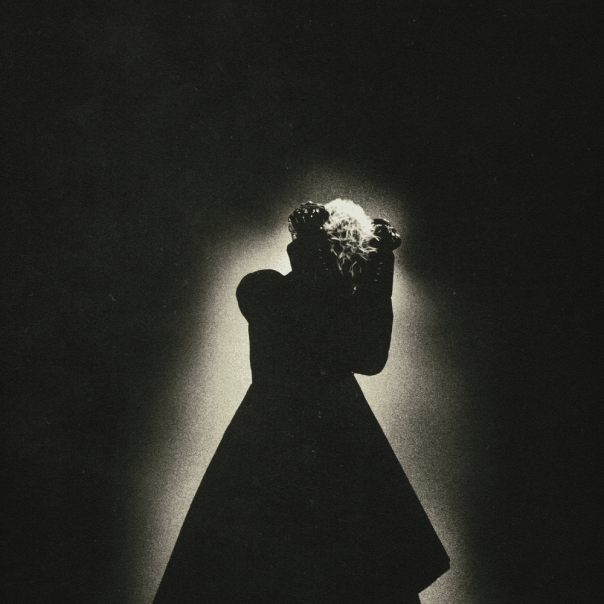ALBUM REVIEW: Keshi questions his mortality and purpose on ‘Requiem’

Keshi, “Requiem.”
What happens when your debut album has over three billions streams and leads to sold-out shows worldwide? You make a second that allows you to contemplate the bigs things. That’s what Keshi did on Requiem.
Requiem
Keshi
Island, Sept. 13
8/10
Get the album on Amazon Music.
The album plays on multiple interpretations of its meaning. It’s 13 tracks of intricate and beautiful music that also act as a token of remembrance and immortality, which you see on songs like “Just To Die” and “Requiem.” Coming back from the high of his debut album GABRIEL, Texas-born Vietnamese American Casey Thai Luong wanted to create something more vulnerable and personal while taking risks with new sounds.
Requiem is just as intimate and personal on the debut, touching on various facets of love. There’s a darker existential energy, however, allowing Keshi to be vulnerable and tap further into other themes like faith and purpose. With each track, he invites you to an unpacking of his thoughts on heartbreak, new love and loss, and his goals and dreams.
Like a church sermon, Keshi opens the album with “Amen,” a short exordium with soaring vocals and lyrics acknowledging his purpose as a musician and his relationship with God. Over high organ and synth chords, and harmonizing voices (perhaps himself, layered), “Amen” is a window on whats to come.
Single “Say” has the same sexy, flirty vibe as “Somebody,” from his debut, but with a fun pop beat. It wouldn’t be a Keshi album without some sultry vocals and lyrics. “I know what you’re thinking/ But just say it first,” he sings in his signature falsetto. It’s coy, teasing and romantic—and has plenty of viral potential.
“Like That” is just as flirty and fun, a mix of soul music and pop shouting positive vibes.
“Dream” and “War” are love ballads on opposite ends of the spectrum. “She’s my dream/ The best thing to happen to me,” he sings on the former, putting out his heart over reverb-laden strumming and piano accents. But the tone immediately changes on piano- and electronic-percussion-led “War,” which bursts the love bubble.
“Since you wanna go to war/ Let’s see who hurts the other more,” he asserts. The song is somber and Keshi simply shows how quickly things change when it comes to love by placing the songs right after the other.
The tone changes on the second half of the album, which is more melancholic and longing. On songs like “Bodies” and “Requiem,” Keshi touches on loss and the uncertainties of life by bringing down the tempo. “Bodies” opens with soft piano key strikes and gradually builds up until exploding into the chorus. “Everybody wants somebody,” Keshi repeats. There’s a yearning and helplessness in his voice closing the song—as if he’s singing into a void, trying to find more words.
The title track continues this yearning over a slow-strummed bass, piano noodling and swelling string accompaniment. On this one, the artist reminisces on the loss of a close friend and collaborator.
And as with a sermon, Keshi concludes the album with a conversation with God, questioning his mortality and purpose on “Just To Die” and “ID.” Over mellow guitar strumming and quivering vocals, he reflects on the meaning of existence on the first of the two. On the second, a psychedelic bop that starts slowly on a lone organ and builds into a wild frenzy with glitchy hip-hop-based percussion.
The closer takes an unexpected turn from all the sadness. It’s upbeat and declares that Keshi is still here and coming for everything he wants.
Follow Dumisani Mnisi at Twitter.com/nairobi_1899 and Instagram.com/nairobi_1899.
